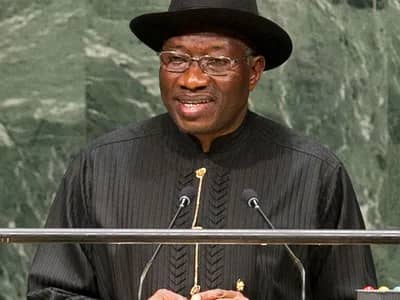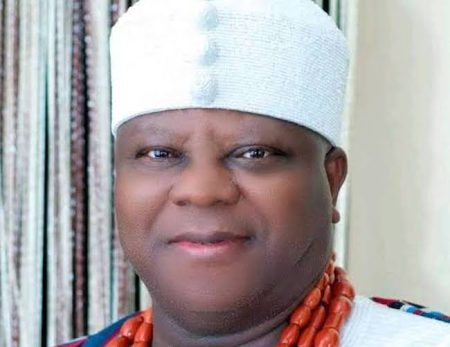Former President Goodluck Jonathan has advocated for critical reforms within Nigeria’s electoral system, emphasizing the need to revamp the appointment process for the Independent National Electoral Commission (INEC) Chairman and address the escalating issue of political defections. Speaking at a dialogue on electoral reform, Jonathan acknowledged the strides made since the restoration of democracy in 1999, but highlighted persistent shortcomings that necessitate immediate attention. He stressed that genuine commitment to democracy demands a bolder approach to reform, ensuring the electoral process accurately reflects the popular will and upholds principles of justice, accountability, and inclusivity.
Central to Jonathan’s proposal is a revised INEC Chairman appointment process. He recommended the establishment of an independent panel, comprising representatives from diverse sectors such as the judiciary, civil society, academia, trade unions, and professional bodies. This panel would be responsible for screening and nominating candidates, fostering impartiality and public trust in the electoral body. Jonathan argued that the current process raises questions about potential bias, and this reform would enhance the legitimacy of INEC’s decisions, crucial for credible elections.
Furthermore, Jonathan addressed the detrimental practice of political defections, often referred to as “cross-carpeting,” where elected officials switch party allegiance without clear ideological justification or accountability. He condemned this opportunism, emphasizing that political parties, the bedrock of democracy, are increasingly vulnerable to instability. To counter this trend, he proposed the creation of an independent Office of the Registrar of Political Parties. This office would regulate party operations, promote internal democracy, and enforce disciplinary measures, including the power to declare the seat of any defecting official vacant. Citing successful examples from Kenya and Malawi, Jonathan argued that the electoral mandate should reside with the people, not individual ambition.
Another critical area highlighted by Jonathan is the timely resolution of all post-election disputes before the swearing-in of elected officials. He warned that unresolved cases disrupt governance, erode public confidence, and undermine the authority of elected offices. Delayed justice in electoral matters denies justice not only to the candidates involved but also to the electorate, he argued. To expedite the judicial process, Jonathan suggested streamlining the number of courts handling electoral cases, especially for high-stakes elections like gubernatorial and presidential contests.
Jonathan concluded his remarks by underscoring the non-partisan nature of electoral reforms, positioning them as essential steps towards building a stronger democracy. He emphasized that democracy extends beyond simply casting ballots; it involves strengthening institutions, promoting accountability, and safeguarding the rights of citizens. The proposed reforms are not designed to favor any particular group but to bolster Nigeria’s democratic foundations.
Meanwhile, the Peoples Democratic Party (PDP) confirmed that Jonathan remains a member despite his role in advocating for electoral reform. The party also highlighted its pool of qualified candidates for the 2027 presidential election, recognizing Jonathan’s continued membership while acknowledging that other individuals may be considered as potential candidates. This statement affirms Jonathan’s ongoing affiliation with the PDP while leaving open the possibility of other contenders emerging within the party. The PDP also highlighted the performance and popularity of certain governors within the party, showcasing their potential as future leaders. This underscores the dynamic nature of political landscapes and the ongoing evolution of potential candidates as elections approach.













